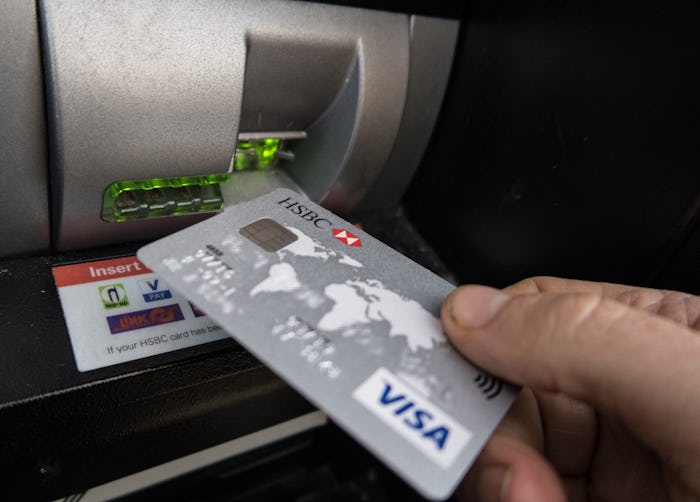Life

New Parents Often Don't Know How Much A Baby Costs
Deciding to have a baby is a huge decision and one that no parent-to-be takes lightly. But even after running all the numbers, research shows that many parents underestimate the cost of raising a child. Even if they make a lot of money.
NerdWallet recently did a study examining how families of different income levels plan for the costs of raising a child for the first year. They chose two households: one that makes $40,000 a year and another that brought in $200,000 year.
The study calculated expenses like food, housing, diapers, health care, and an entire checklist of things that a baby needs right away. Controlling for factors such as life insurance, which the higher income household would likely have, but the lower income one might not, they found that the first year of a baby's life costs just over $20,000 for the lower income household and just over $50,000 for the higher one. That's a lot of money, especially considering that, for a lower income family, it's almost half of their yearly salary.
Are you having a panic attack yet, prospective parents? Breathe, because you're not alone. Pretty much everyone underestimates the costs of raising a child, especially in the first year. Higher education is a whole different story.
According to the study, 36 percent of parents think that it costs about $1,000 to $5,000 to raise a child in the first year, and around 18 percent think it costs less than a grand. Ouch. Only 11 percent thought that it would cost more than $15,000, at any income level. These terribly low estimates are the result of a handful of misconceptions about the actual costs.
Take diapers, for example. Yes, they're expensive and you're going to need a lot of them. But the study found that diapers really only cost up to $800 a year, which is less than any of the other categories of expenses they ran the numbers for — although almost half of all the prospective parents thought that they would be the biggest expense.
The real killer? Childcare costs. Only 37 percent of parents guessed that it would be the biggest expense. That could be because they're assuming everyone around them is going to "pitch in." Over 60 percent of prospective parents think that family and friends will contribute at least 20 percent of the total costs in the first year. The rest thought that family and friends would throw down over 50 percent.
The study found that many prospective parents don't have anything saved up for a child (hey, surprises happen), but, according to all of this data, even if everyone was saving before getting pregnant, most people assume the wrong things will be more or less expensive than they really are, throwing off the whole Excel spreadsheet they have going.
So what to do? If possible, you can always see a financial planner to talk about ways to save and invest for your new baby. Or, if you're comfortable talking about money at the dinner table, ask other parents in your area (since costs can vary state to state) what they did, or what they spend on things like childcare or diapers to get a better idea of the IRL costs.
Then again, once a baby arrives, parents learn quickly that there's no way to predict exactly what can happen or what you'll need to take care of your expensive little bundle of joy. If nothing else, just remember: Diapers aren't your biggest problem.